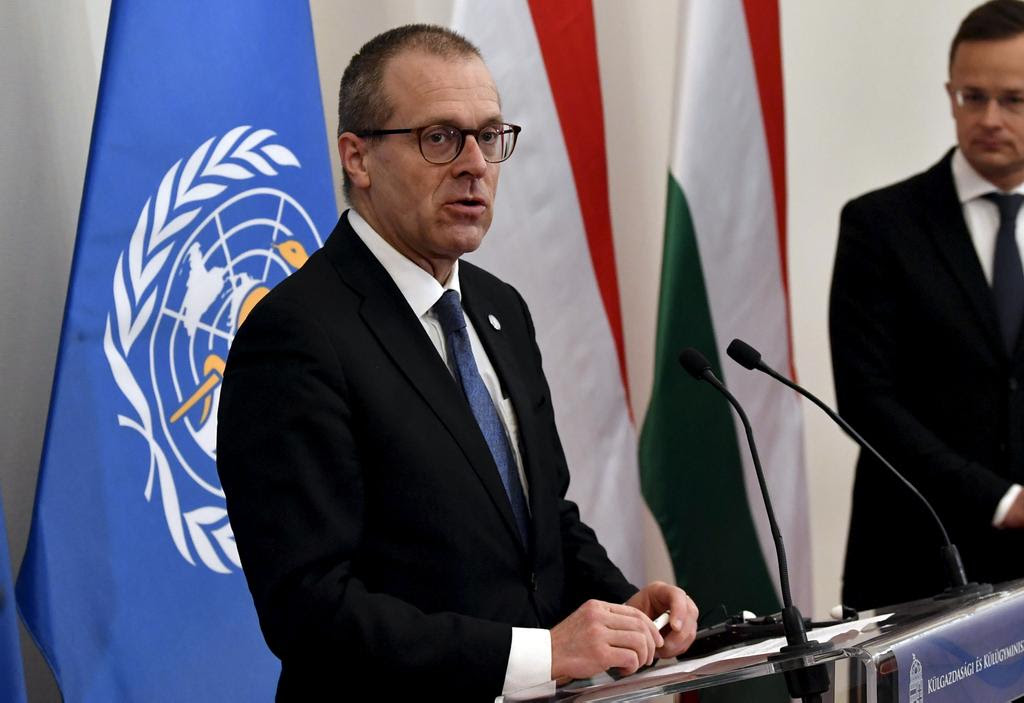The World Health Organization has declared that Europe could soon enter a “long period of tranquillity” that amounts to a “cease-fire” of the pandemic thanks to the less severe Omicron variant, high immunity levels and the arrival of a warmer spring.
In an optimistic report, Hans Kluge, WHO’s director for Europe, said the region was in a position of “superior protection” that could “bring us lasting peace” even if a new, more virulent variant than Omicron were to emerge.
Kluge said the 53-country region – which includes the United Kingdom – had recorded 12 million new cases of coronavirus last week, the highest weekly total of the pandemic, and that about 22 percent of tests were positive.
Austria is lifting the “unvaccinated lockdown” as Europe slowly opens up.
However, hospital admissions, while increasing, are not growing at the same rate and the number of patients in intensive care is not increasing significantly, he added. The number of deaths in the region is also beginning to level off.
According to Kluge, “a large pool of natural and vaccine-derived immunity, a favourable seasonal break, and less severity of the Omicron variant” mean that governments now have “a unique opportunity to take control of the transmission.”
This opens up the prospect of a “long period of tranquillity and a much higher level of population defence” against any further resurgence in infection rates, he added.
These optimistic statements come days after Kluge said it was “plausible” that the region was “heading toward some sort of pandemic endgame.
On the other hand, Kluge stressed Thursday that authorities must use the respite constructively, continuing vaccination and booster campaigns, protecting the most vulnerable, encouraging individual responsibility and stepping up surveillance to detect new variants.
“I think it is possible to respond to the new variants that will inevitably emerge without reinstalling the kind of disruptive measures we needed before,” he said. But he added that the top priority now must be to ensure that all countries are equally well protected.
“This requires a radical and uncompromising increase in vaccine sharing across borders,” Kluge said. “We cannot accept vaccine inequity one more day – vaccines must be for everyone, in the farthest corners of our vast region and beyond.”
The WHO regional director also noted the “catastrophic impact” the pandemic has had on people with cancer, as health systems have struggled to provide screening, diagnosis and treatment over the past two years.
In the early stages of the pandemic, he said, diagnosis of invasive tumours dropped by 44 percent in Belgium, colorectal screenings dropped by 46 percent in Italy, and in Spain, the number of cancers diagnosed in 2020 was 34 percent lower than expected.
The situation in many countries has improved since then, he said, but “the ripple effect of this disruption will be felt for years to come,” and any respite from the pandemic should be used immediately to reduce the backlog of chronic care services.



Comment here